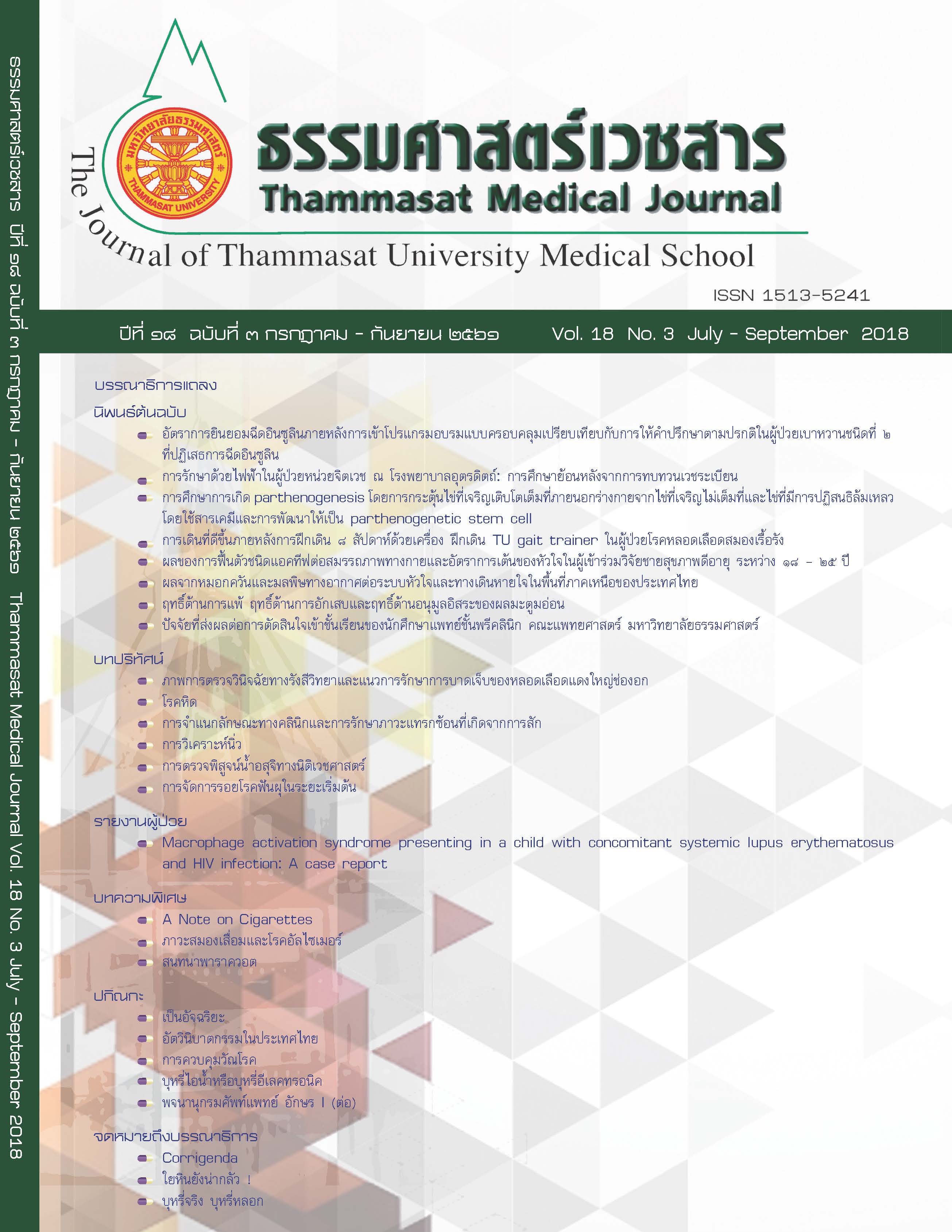Rate of Acceptance of Insulin Injection after a Comprehensive Education Program Compared with Routine Counselling in Type 2 Diabetes Refusing Insulin Injection
Keywords:
Type 2 Diabetes, Psychological insulin resistance, Insulin initiationAbstract
Introduction: Delay insulin initiation in type 2 diabetes patients often occurs in our routine practice which leads to the progression of diabetic complications. A comprehensive education program comprises assessment of psychological barriers to insulin treatment, insulin administration training and counseling. To evaluate effectiveness of a comprehensive education program in terms of insulin acceptance compared with routine counseling.
Method: A stratified randomized crossover design by age and gender, open-label study in seventy-four type 2 diabetes, who denied insulin injection, was performed. Insulin acceptance was compared between two groups with risk difference regression and multi-level model.
Result: In the first period, thirty-four and thirty-six participants were randomly allocated to a comprehensive education program (index group) and a routine counseling group (reference group), respectively. Seventeen patients (50%) in the index group agreed to initiate insulin injection, hence 17 patients attended a routine counseling group in the second period. Meanwhile, four patients (11%) in the reference group agreed to initiate insulin injection. Seven out of thirty-two patients (21%) agree to initiate insulin after attending a comprehensive education program in the second period. Diabetic patients who attended a comprehensive education program agree to initiate insulin injection more than those who received routine counseling (Risk difference = 0.39, 95% CI = 0.19 - 0.58, p < 0.001).
Discussion and Conclusion: All type 2 diabetes who refuses insulin treatment should attend a comprehensive education program since this strategy increases the probability of insulin acceptance.



